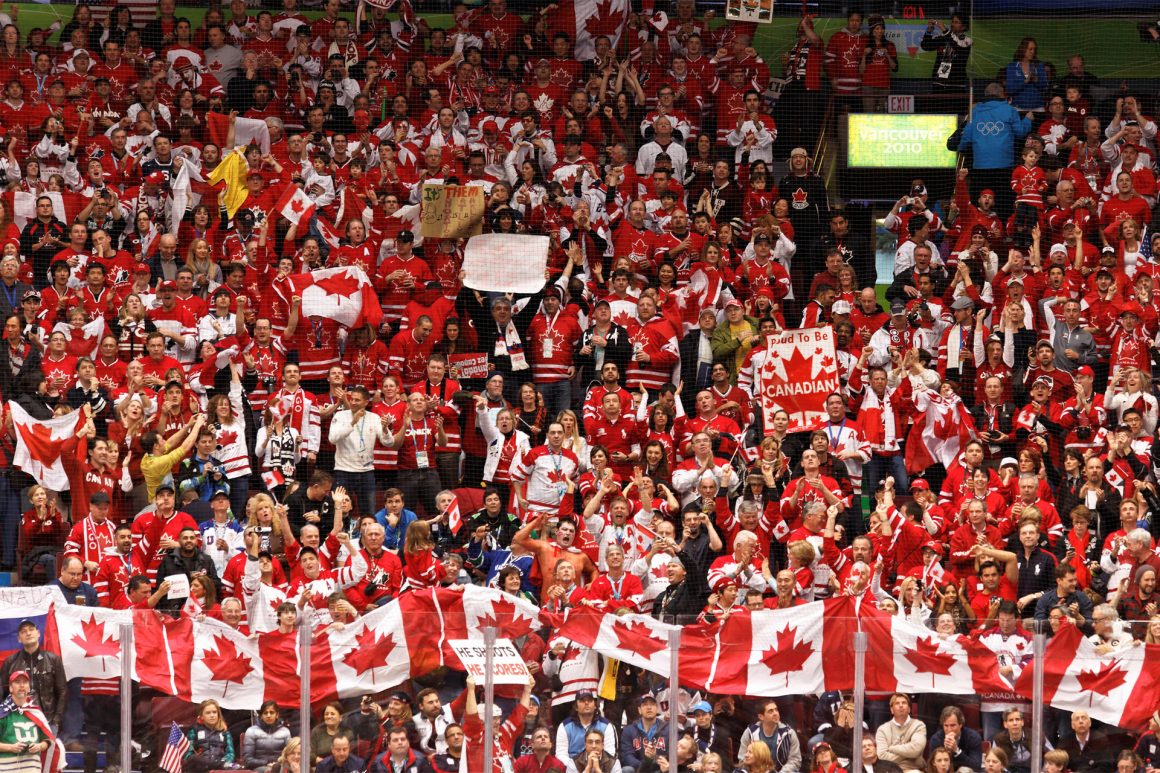
The NHL’s Olympic ban won’t determine Team Canada’s success at Pyeongchang
By David Song, January 26 2018 —
On Jan. 11, Hockey Canada announced their 25-man roster competing in the Pyeongchang 2018 Winter Olympic Games in February. However, since the National Hockey League controversially barred its players from competing in this year’s Games, this unit looks much different from what many fans expected.
I was initially disheartened by the ban. Ever since the Nagano 1998 Winter Olympics, hockey fans have watched professional superstars clash on the world stage. Canada’s climactic victories at Vancouver 2010 and Sochi 2014 are permanently etched into our country’s collective memory. Like most hockey fans, I expect Olympic hockey to be a best-on-best tournament between elite, established players. Not being able to watch NHLers shred the ice this year is disappointing — or is it?
The NHL-infused era of Olympic hockey from 1998 to 2014 was an exception, not the rule. During that time, men’s hockey was the only sport in the Winter Games featuring high-paid professionals. By contrast, the Olympics have traditionally showcased amateur athletes rather than pros.
The word “amateur” is often misused and misconstrued, typically as an insult. In the athletic realm, “amateur” refers to athletes who are not paid a salary to compete. Meanwhile “professional” describes salaried athletes but is often conflated with the word “elite.” While some players on Team Canada’s men’s squad are paid to compete, they don’t skate with North America’s highly touted professional teams.
There is wide public perception that men’s hockey at this year’s Olympics will be lower quality than in the past due to the absence of NHL players. However, we don’t frame our expectations of other Olympic events with these same standards. This could partly stem from a lack of high-caliber leagues for sports like curling and speed skating. The NHL is a deeply entrenched aspect of Canadian culture that demands our attention and interest. While other Olympic sports are equally as compelling, we just don’t have the same level of exposure to them. However, these sports are highlighted and played passionately by many amateur Canadian athletes, such as ice dancers Tessa Virtue and Scott Moir, who will bear Canada’s flag this year.
Women’s Olympic hockey also proves that NHL experience doesn’t determine quality of competition. Unlike male players, female hockey players have no lucrative professional league to play in. The National Women’s Hockey League — only established in 2015 — was the first women’s league to pay its players, while the Canadian Women’s Hockey League only started paying its athletes modest annual stipends of $2,000 to $10,000 last year.
Yet women’s hockey is a fast-growing and beloved part of Canadian sport. The team is expected to challenge for gold at every tournament — and currently surpass their male counterparts with five straight golds. The women’s thrilling comeback against the United States at the 2014 Sochi Games arguably overshadowed the accomplishments of the men’s team that same year.
This year’s Team Canada roster shouldn’t be viewed as inferior. If anything, its structure reflects a more traditional format consistent with other Olympic sports. The lack of NHL presence can spare us of endlessly analyzing and theorizing about who will win medals based on NHL statistics and happenings. And powerhouses like the U.S., Canada and Sweden will achieve greater parity with other nations, bringing greater diversity and competitive edge to the Games.
Canada’s roster is populated by ex-NHLers such as Ben Scrivens, Derek Roy and Mason Raymond and by journeyman players like Karl Stollery, Chris Lee and Gilbert Brule. But there are no formally recognized superstars here. Even formerly established NHL players like Roy and Raymond are past their prime. At Pyeongchang, we can focus on how these players can come together as a team. And it will be a great opportunity for obscure athletes to display their skills on an international stage.
Men’s Olympic hockey won’t have the prestige and glory of a best-on-best tournament this year. And that’s okay. The World Cup of Hockey, resurrected in 2016, is a great alternative to showcase the world’s elite players.
Ultimately, hockey fans discouraged by the NHL’s Olympic ban should ask why they follow the sport. Is it because of the awe and prestige attached to names like Sidney Crosby? Or do they care more about the maple leaf on front of the jersey than the name on the back? With NHLers out of the picture, now Canadian sports fans can prove they love the sport and will cheer on anyone who suits up for our country.
